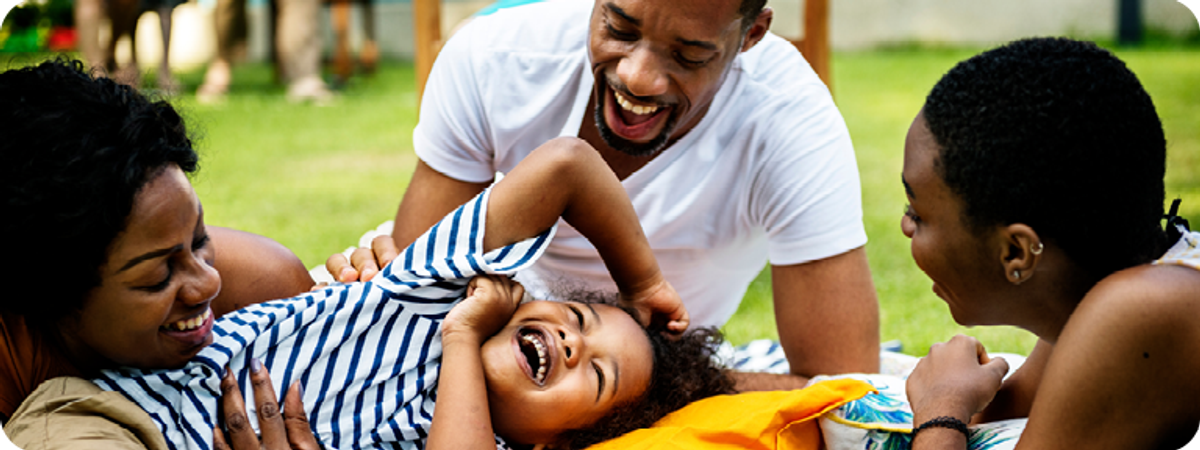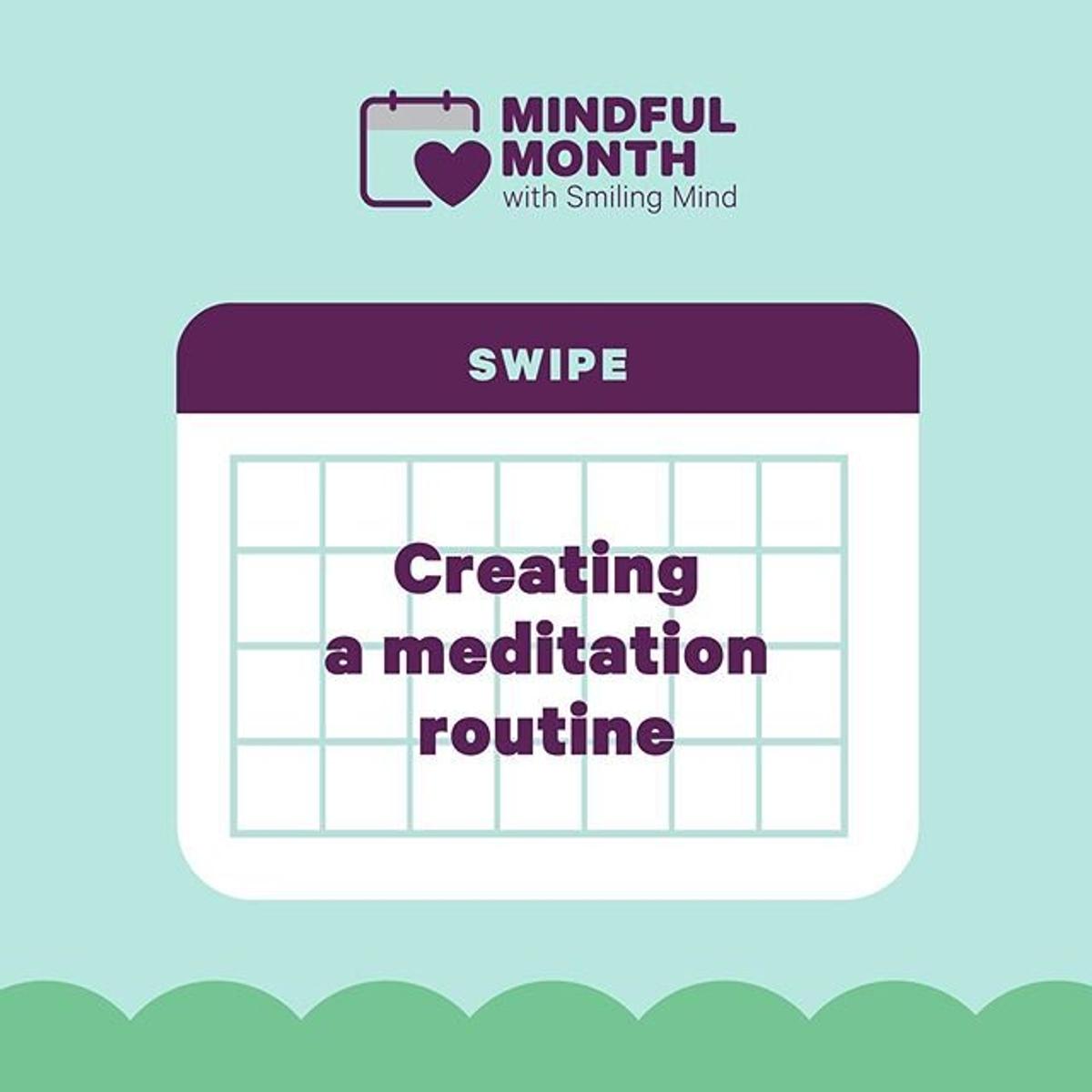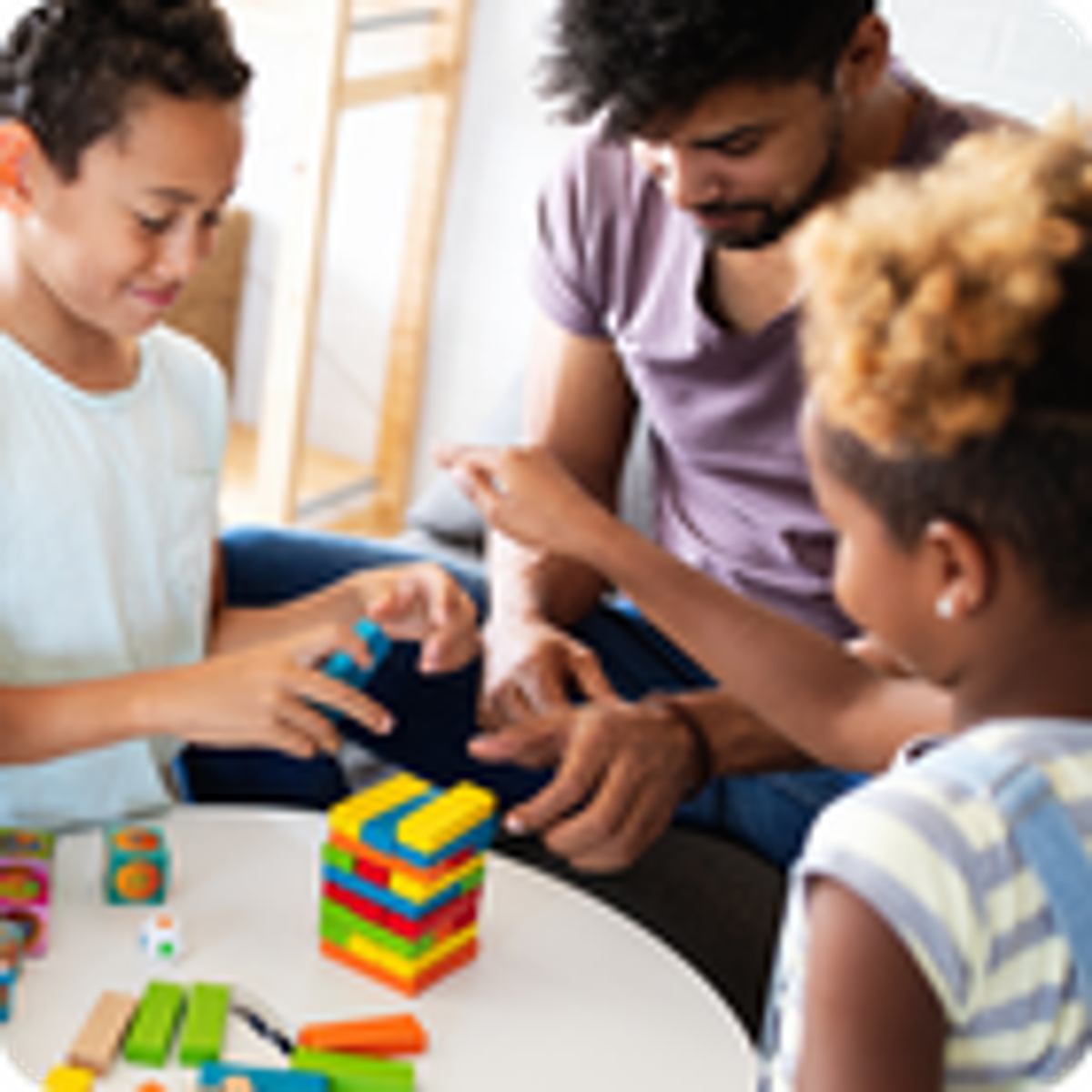The Wellbeing Page
Supporting students to stay happy, safe and connected...

The Wellbeing Page
Supporting students to stay happy, safe and connected...
We are so grateful for our SMPS families. Our Art Show really highlighted how connected our community is. It was fantastic to see so many people together, from those putting on a barbecue, handing out drinks, helping set up equipment, to others gathered around, cheering on our students. When our students were singing, we could tell on each and every face the absolute desire for that child to succeed. We love that about our community members. We hope you have a wonderful summer break with your beautiful children.
Below are some ways to practice using the Zones of Regulation during the holidays:


Let’s face it, the transition from the school year schedule to a less-structured summer schedule can bring on all of The Zones at home! Using The Zones of Regulation language and strategies at home can help families to navigate this transition, while also maintaining and building upon regulation skills taught during the school year.
Check out these six easy ideas for exploring The Zones at home this summer.


1. Make a Zones Check-in for Home
Make your own family Zones visual and check-in. You can use your Zones Check-In as a mindful moment and point of connection throughout your day and week. Remember to emphasise that ALL our feelings and Zones are okay!


2. Build a “Comfort Corner'' Create a place (or 2) for kids and other family members to go when they want a regulation break. Choose a space that’s comfortable and quiet, and include items such as stuffed animals, colouring books, fidgets, and books. Practice using your comfort corner a few times together, caregivers can even model by using it themselves when they need a break.
3. Practise emotional regulation together
See some ideas on the website below.
https://www.yoremikids.com/news/emotional-regulation-activities-for-kids


4. Create a meditation routine.
Smiling Minds is a fantastic free app with lots of mindfulness activities on it.
5. Have a family games night
Losing games can be tough! Model those behaviours at home when playing games by saying "I'm feeling quite frustrated about this. I might take a break to drink some water and come back in 1 minute". You can support children who find losing difficult by giving them actions before the game starts. Find out what strategies work to calm your child, and have them on standby.


"What might happen in our game? In some games we might win. We might also lose. Games are fun because we don't know what will happen! Losing can feel horrible sometimes. You might get disappointed, frustrated or really angry. If you get angry, you could count to 10. You could sit on the sofa to calm down, or go to get a drink. It is important to be a good 'team player' when you lose so that the game stays fun for everybody".
If somebody gets frustrated, you may need to support them by telling them what to do. You could also do this if you start to lose, so that you are modelling those behaviours.
6. Read together
Reading is a lovely, calming activity.
Below are some book lists by the creators of the Zones of Regulation. These books explore emotions in an enjoyable way.